We have reached over 1300 children from grades 1 to 11 located in the plantation sectors of Sri Lanka. Our programme has been running for the past 10 years.
Right to Learn Programme
Sri Lanka's thriving tea industry rests on the shoulders of the Malaiyaha community. These descendants of South Indians brought by British colonizers 200 years ago remain a pillar of the economy, yet face immense hardship.
For generations, the Malaiyaha people were denied citizenship and basic rights, leading to entrenched poverty and limited opportunities. This obstruction to social mobility, coupled with economic hardship, have affected the education of Malaiyaha children. A problem that has intensified since the economic crisis. According to UNICEF, families can no longer afford to send their children to school, placing millions of children at risk of exploitation, violence and stress.
A 2022 study by the Institute of Policy Studies (Sri Lanka) revealed a staggering 58% school dropout rate among children aged 5-17. These children are forced to work or seek work to support their families, sacrificing their education.
In response to this crisis, the Serendip Children's Home initiative empowers Malaiyaha children to pursue education. We provide them with the necessary resources to stay in school and excel academically. This education becomes their key to unlocking opportunities beyond the plantations, paving the way for a brighter future with better-paying jobs.
If you are interested in supporting the Right to Learn Programme , visit our Get Involved page to find out how you can donate.
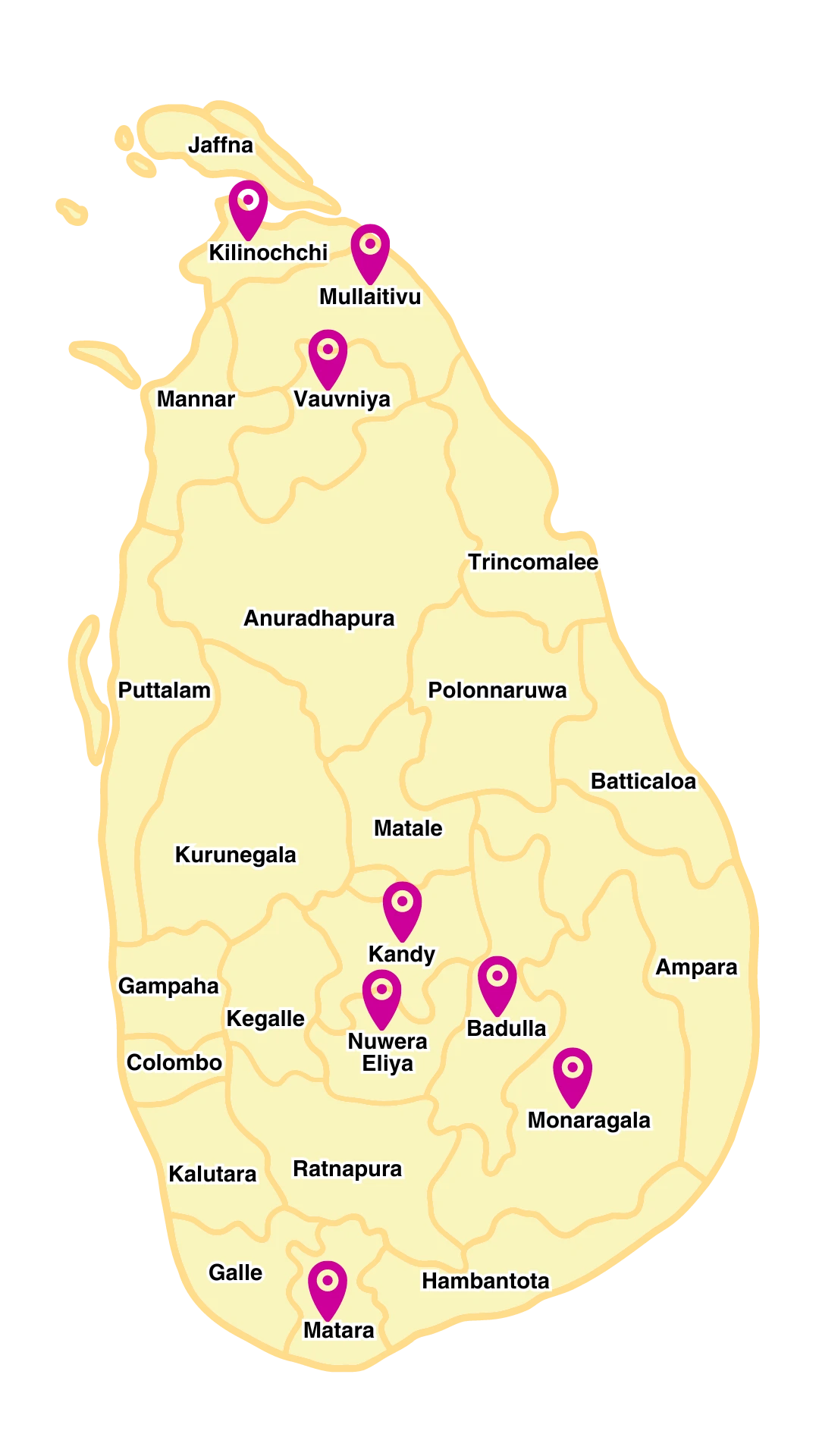
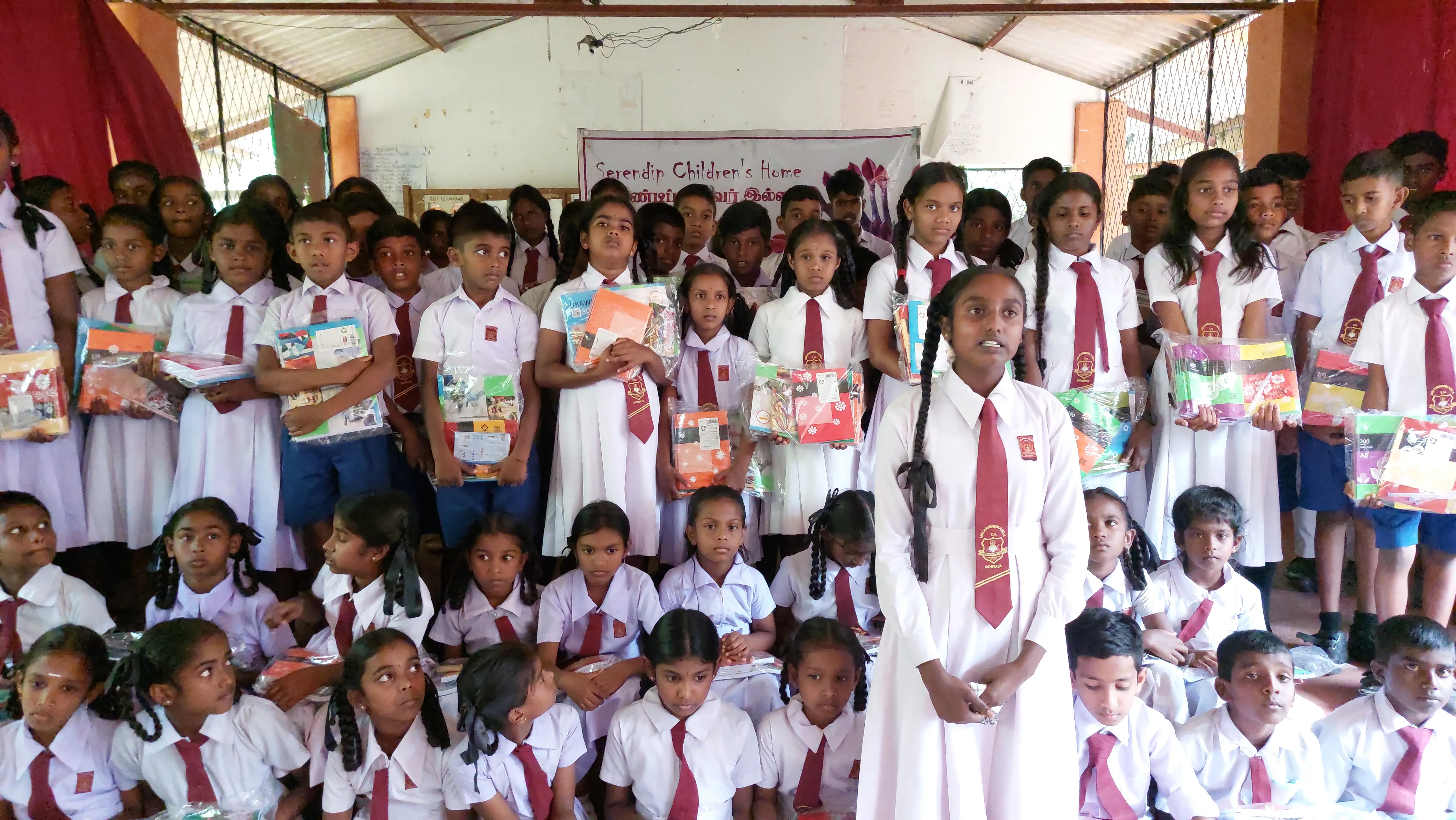
We have reached over 1300 children from grades 1 to 11 located in the plantation sectors of Sri Lanka. Our programme has been running for the past 10 years.
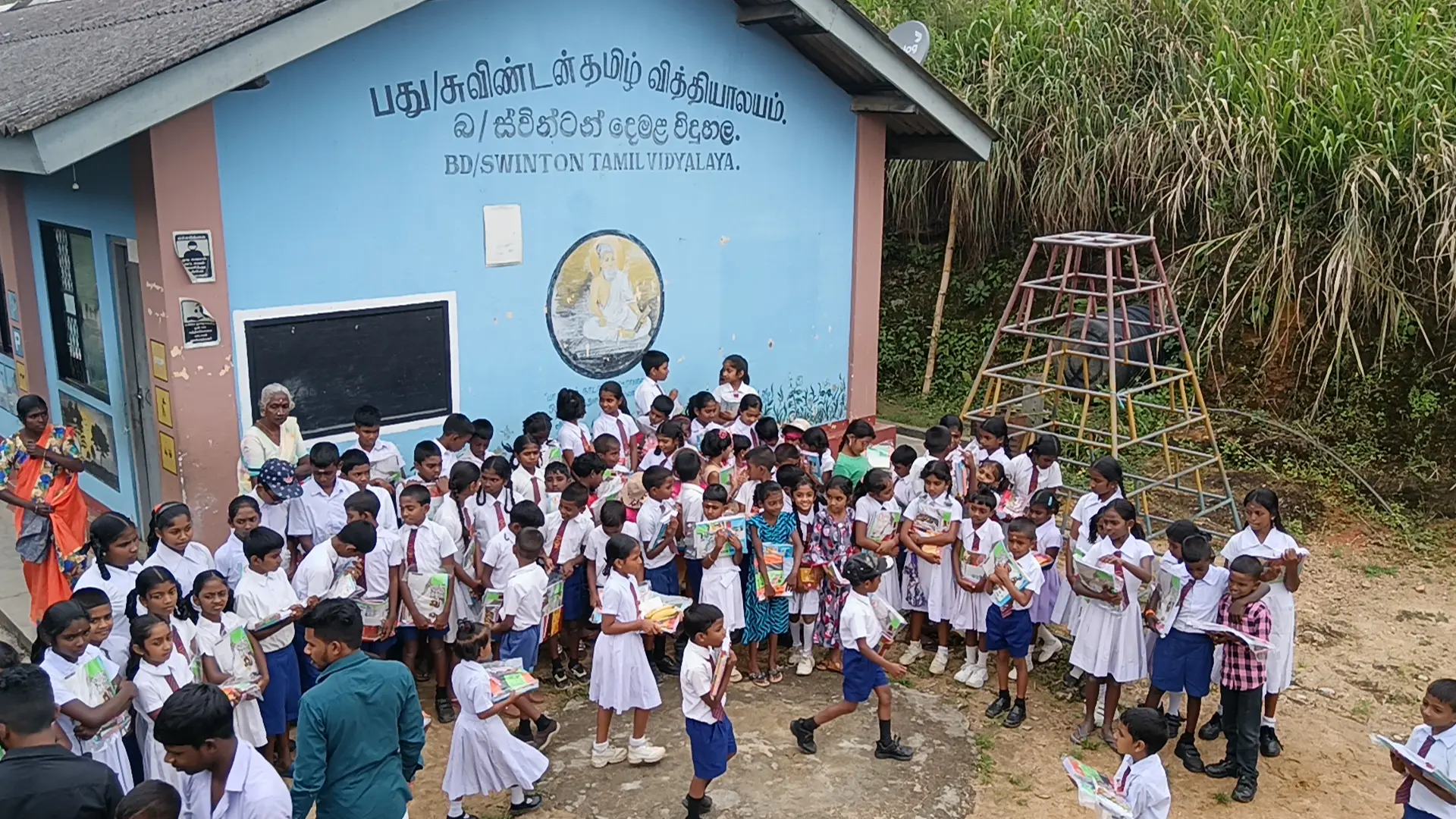
We have established our programme with over 50 schools, with many more on our waiting list. We hope to raise sufficient funds to broaden our list of recipient schools.
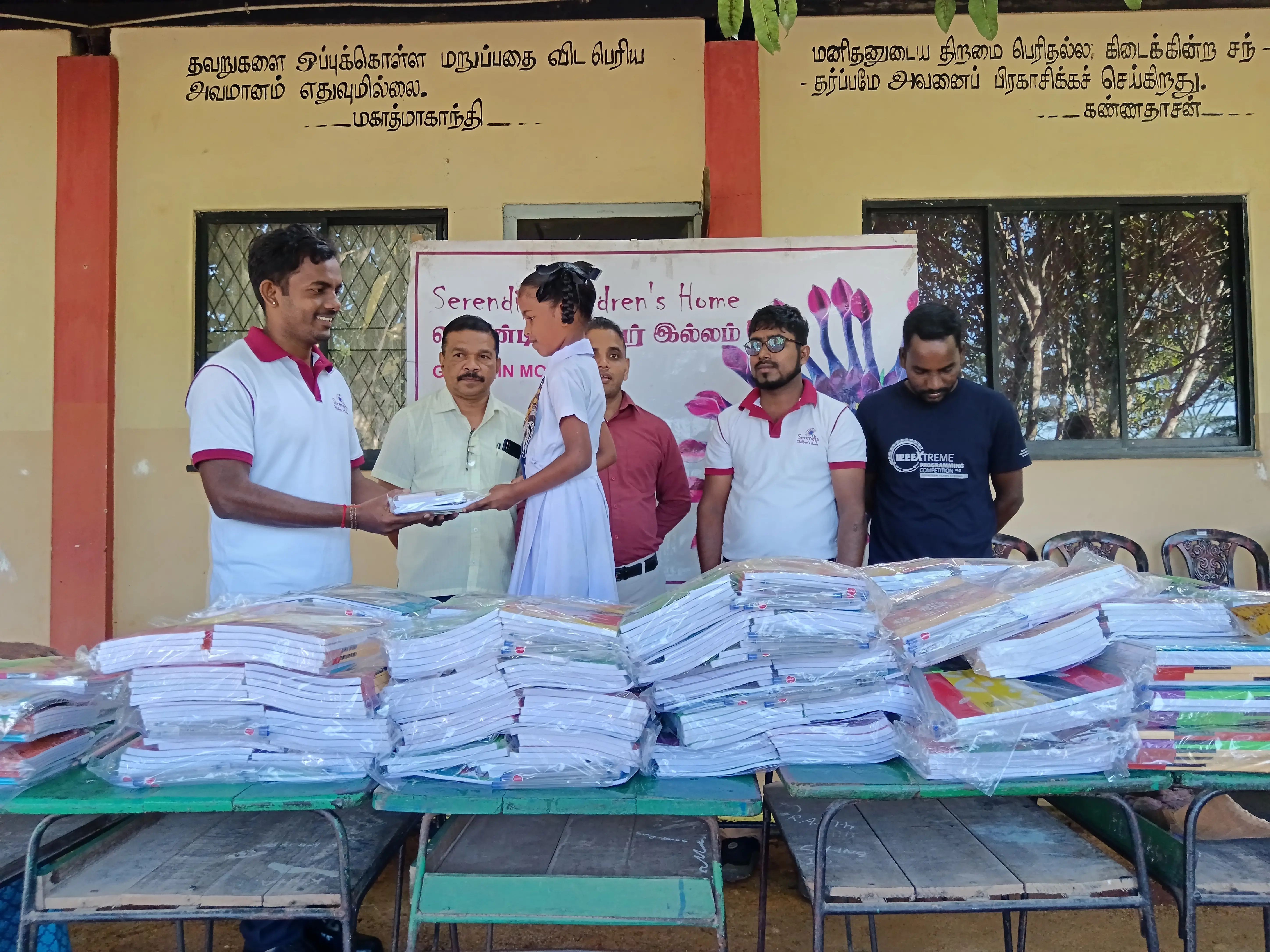
We provide school supplies such as textbooks, pens, pencils, art supplies, geometry and maths instrument boxes, and more. These are schools supplies that were previously inaccessible to the children
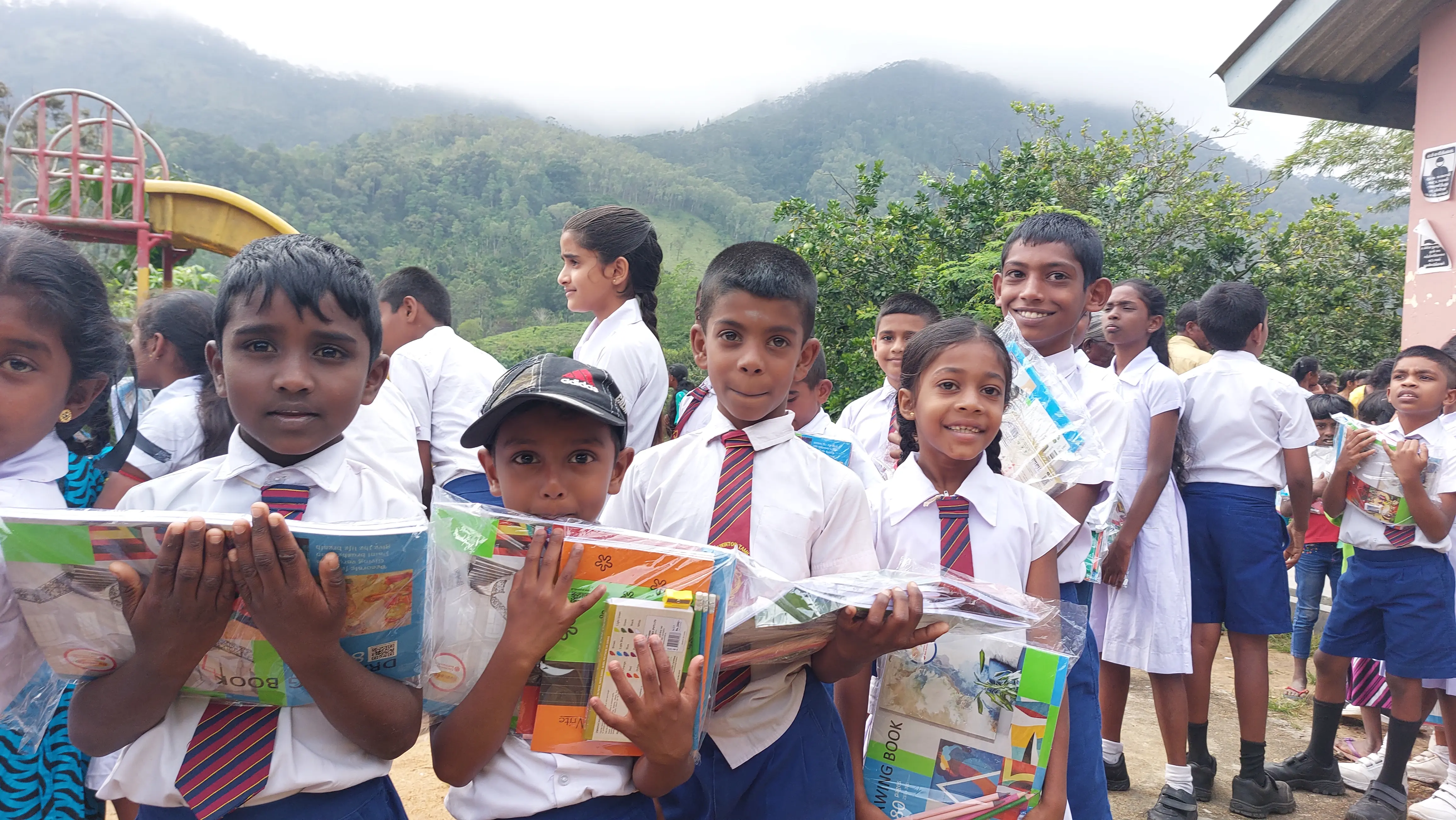
By providing children from impoverished homes with school supplies that were previously inaccessible to them, we encourage them to stay in school

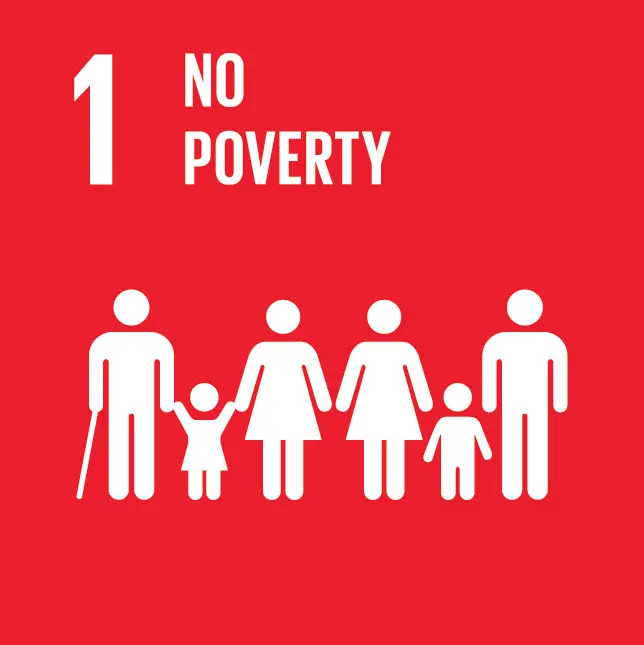
By ensuring access to primary and secondary education and the chance to excel academically, we increase their chances of finding good employment opportunities in adulthood and emerging out of poverty.
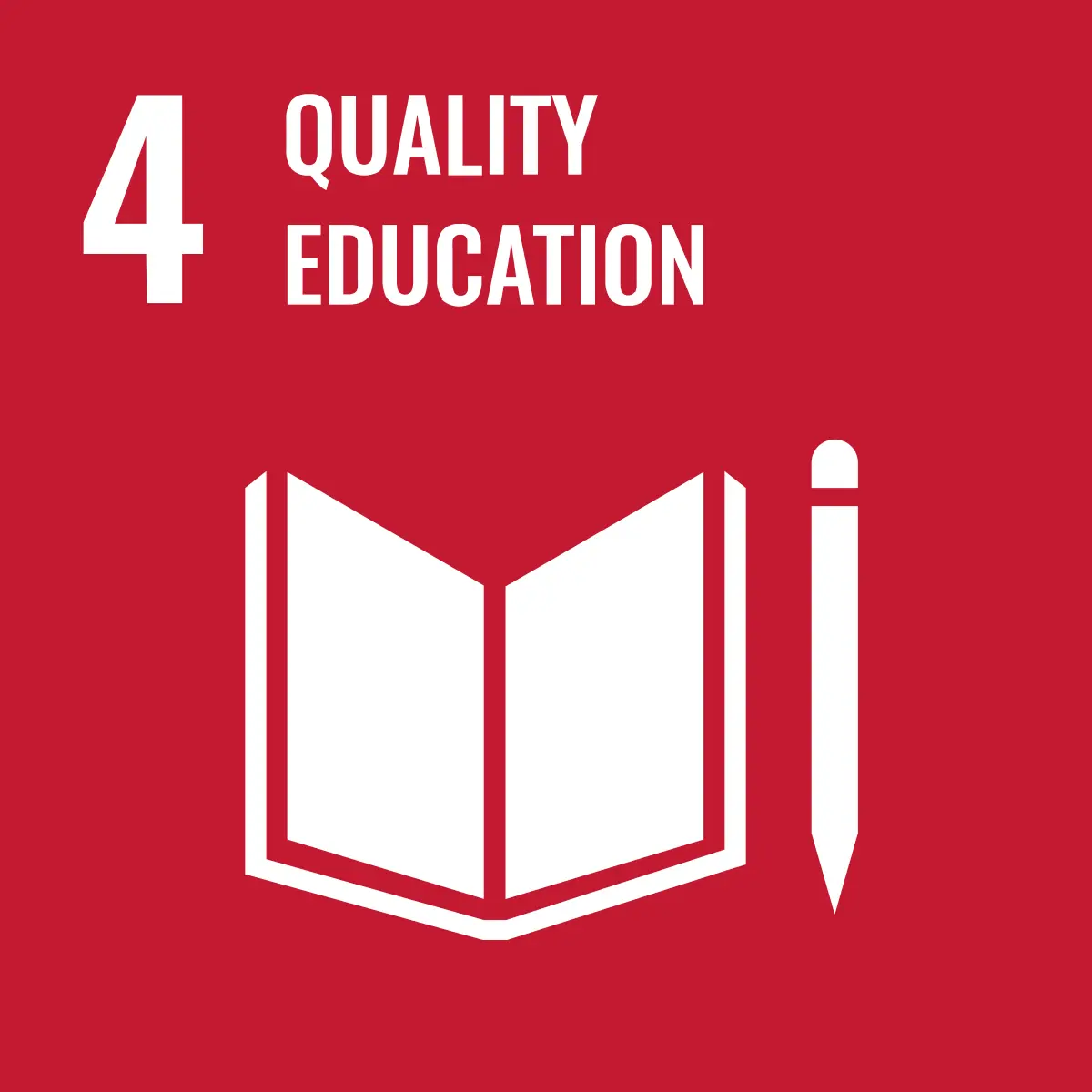
We provide the students with school supplies that they may not have access to currently. This allows them to access a better quality of education that was previously available to them.
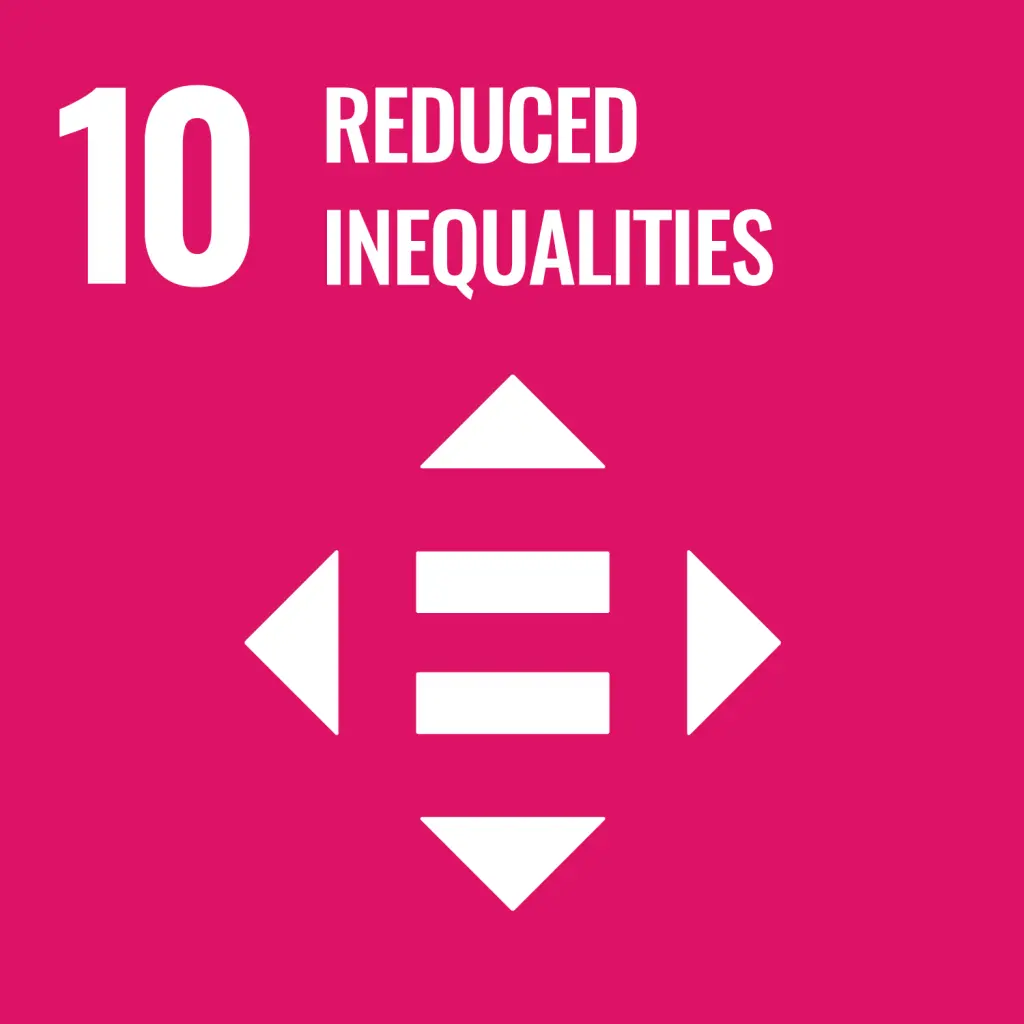
By ensuring Malaiyaha community children stay in school and have opportunities to pursue their education, we provide them with the tools to seek better job opportunities and emerge from generational poverty.